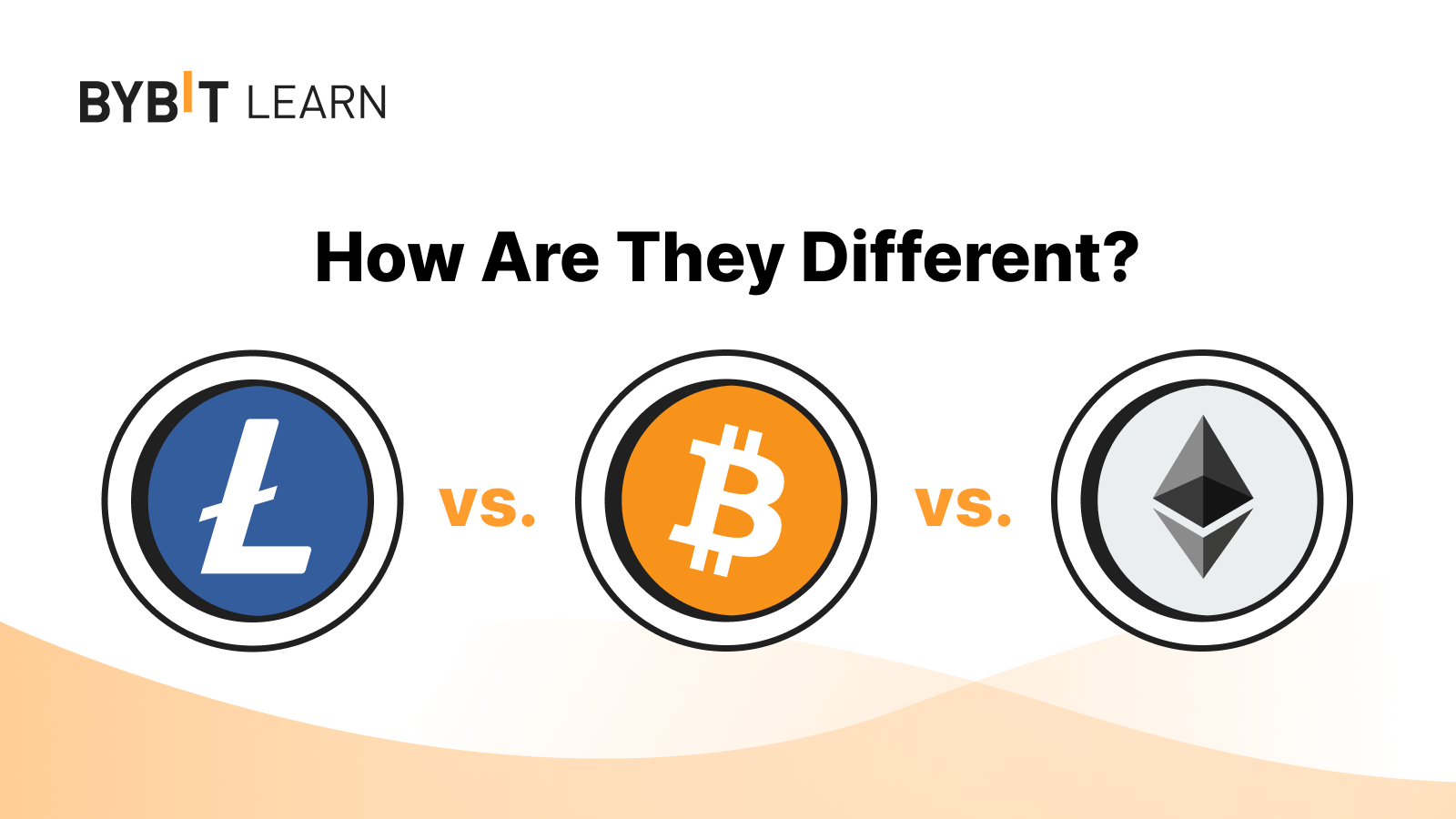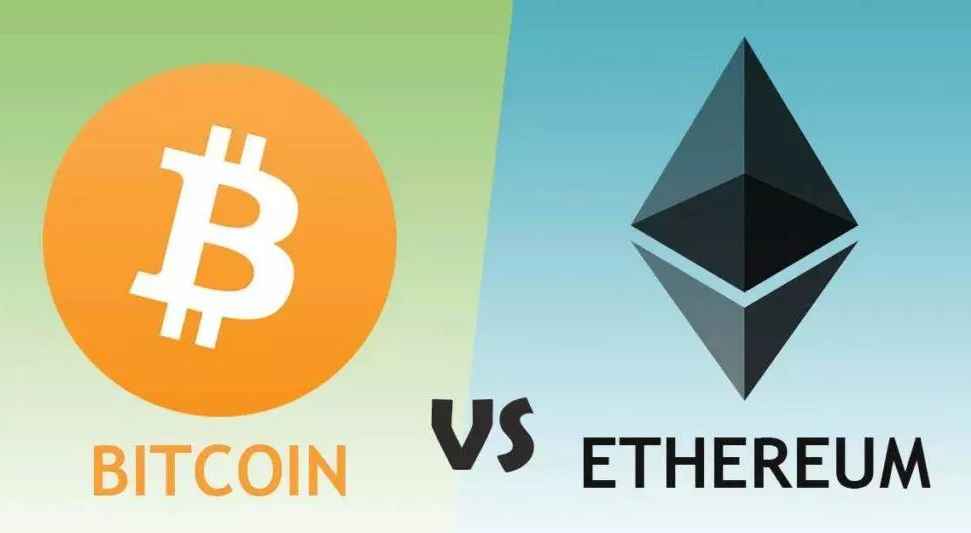Bitcoin Ethereum And Litecoin A Comprehensive Guide
Bitcoin Ethereum and Litecoin have emerged as leading players in the world of cryptocurrencies, each bringing unique features and benefits to the digital economy. Their significance extends beyond mere currency, shaping industries through innovative technologies and applications. Understanding these three cryptocurrencies provides insight into the evolution of digital finance.
From Bitcoin’s pioneering role as the first cryptocurrency to Ethereum’s revolutionary smart contracts and Litecoin’s faster transaction capabilities, each offers distinct advantages that cater to different needs within the market.
Overview of Cryptocurrencies
Cryptocurrencies have emerged as a revolutionary form of digital currency, gaining significant traction in the global economy. They operate on decentralized networks using blockchain technology, enabling secure and transparent transactions without the need for intermediaries. The significance of cryptocurrencies lies in their potential to disrupt traditional financial systems and empower users with greater control over their assets.Bitcoin, Ethereum, and Litecoin are three of the most prominent cryptocurrencies, each with unique characteristics that set them apart.
Bitcoin is known for its pioneering role as the first cryptocurrency, while Ethereum introduced the concept of smart contracts, and Litecoin was designed as a faster alternative to Bitcoin. The historical development and market adoption of these cryptocurrencies have shaped the current landscape, with Bitcoin leading the charge, followed by Ethereum’s innovations and Litecoin’s efficiency.
Bitcoin: The Pioneer

Bitcoin, created in 2009 by an anonymous individual or group known as Satoshi Nakamoto, is recognized as the first cryptocurrency and the blueprint for others. Its fundamental features include a decentralized ledger, limited supply of 21 million coins, and a robust security model based on proof-of-work. Bitcoin’s role as the pioneer in the cryptocurrency space has paved the way for others to follow.The mining process of Bitcoin involves solving complex mathematical problems to validate transactions and add them to the blockchain.
This process requires significant computational power and energy, impacting the network’s overall performance. Bitcoin’s use cases have expanded beyond investment, with real-world transactions occurring in various sectors, including retail and charity, demonstrating its growing acceptance.
Ethereum: The Smart Contract Innovator
Ethereum was introduced in 2015 by Vitalik Buterin and has since revolutionized the cryptocurrency landscape with its smart contract functionality. Smart contracts are self-executing agreements with the terms directly written into code, enabling trustless transactions between parties. This innovation has paved the way for various industries, including finance and supply chain management, to automate processes and reduce friction.Compared to Bitcoin, Ethereum’s blockchain offers greater flexibility and functionality, allowing developers to build decentralized applications (dApps) on its platform.
Recent upgrades, such as Ethereum 2.0, aim to improve scalability and energy efficiency, addressing previous concerns about network congestion and environmental impact.
Litecoin: The Silver to Bitcoin’s Gold
Litecoin was developed in 2011 by Charlie Lee as a lighter and faster alternative to Bitcoin. Its creation was driven by the need for a cryptocurrency that could facilitate quicker transactions with lower fees. Litecoin achieves faster block generation times, making it suitable for everyday transactions, particularly in regions with limited banking infrastructure.The differences in transaction speed and fees between Litecoin and Bitcoin highlight Litecoin’s utility in the cryptocurrency market.
For instance, transactions on the Litecoin network can be confirmed in under two and a half minutes, compared to Bitcoin’s ten minutes, making it a practical choice for users seeking efficiency.
Market Comparison

| Cryptocurrency | Market Capitalization | Transaction Speed | Scalability |
|---|---|---|---|
| Bitcoin | $800 Billion | 10 minutes | Limited |
| Ethereum | $400 Billion | 15 seconds | Improving |
| Litecoin | $10 Billion | 2.5 minutes | Moderate |
The volatility of these cryptocurrencies poses both opportunities and risks for investors. Bitcoin, being the most established, often leads market trends, while Ethereum’s innovations can result in significant price fluctuations. Litecoin, although less volatile, still faces challenges in maintaining its market position as competition grows.
Use Cases and Applications
Various industries are leveraging the capabilities of Bitcoin, Ethereum, and Litecoin to innovate and streamline operations. Bitcoin is widely recognized for its use in remittances and as a store of value, while Ethereum supports a myriad of decentralized applications ranging from finance (DeFi) to gaming.Leading projects built on the Ethereum blockchain include Uniswap, a decentralized exchange, and Chainlink, a decentralized oracle network, which enhance the functionality and interoperability of smart contracts.
Meanwhile, Litecoin is effectively used for smaller transactions and micro-payments, particularly in the online retail space.
Security and Risks

Each cryptocurrency has its unique security features, with Bitcoin employing a robust proof-of-work mechanism, while Ethereum’s smart contracts face potential vulnerabilities through coding errors. Litecoin benefits from a similar security model to Bitcoin but with variations that enhance transaction speed.Investors must be aware of common scams, such as phishing attacks and Ponzi schemes, that can jeopardize their investments. Guidelines for safeguarding investments include using hardware wallets, enabling two-factor authentication, and conducting thorough research before investing in any cryptocurrency.
Regulatory Environment
The regulatory landscape for cryptocurrencies is complex and varies significantly across different countries. Some nations embrace cryptocurrencies, while others impose strict regulations or outright bans. These regulations can profoundly impact the future growth and adoption of Bitcoin, Ethereum, and Litecoin.In countries like El Salvador, Bitcoin has been adopted as legal tender, showcasing a progressive approach to cryptocurrency regulation. Conversely, China has cracked down on cryptocurrency trading, influencing market dynamics and investor sentiment globally.
As regulatory clarity improves, it may pave the way for broader adoption and integration of cryptocurrencies into traditional financial systems.
Wrap-Up
In summary, Bitcoin, Ethereum, and Litecoin each contribute uniquely to the cryptocurrency landscape, making them essential components of modern finance. As the market continues to evolve, staying informed about their developments and implications can empower investors and enthusiasts alike. The future holds exciting possibilities for these digital currencies, shaping how we view money and transactions.
FAQ
What is the main difference between Bitcoin and Ethereum?
Bitcoin primarily serves as a digital currency, while Ethereum enables the creation of decentralized applications through smart contracts.
Is Litecoin a good investment?
Like all cryptocurrencies, Litecoin’s value is volatile. Its faster transaction times and lower fees can make it an attractive option, but thorough research is essential.
How secure are Bitcoin, Ethereum, and Litecoin?
Each cryptocurrency employs strong cryptographic principles, but users must remain vigilant against scams and ensure secure storage of their assets.
Can I use Bitcoin, Ethereum, or Litecoin for everyday purchases?
Yes, many businesses accept Bitcoin, Ethereum, and Litecoin for everyday transactions, though acceptance varies by location and vendor.
What are the regulatory challenges facing these cryptocurrencies?
Regulatory landscapes differ globally, impacting how cryptocurrencies operate and are adopted in various markets.

